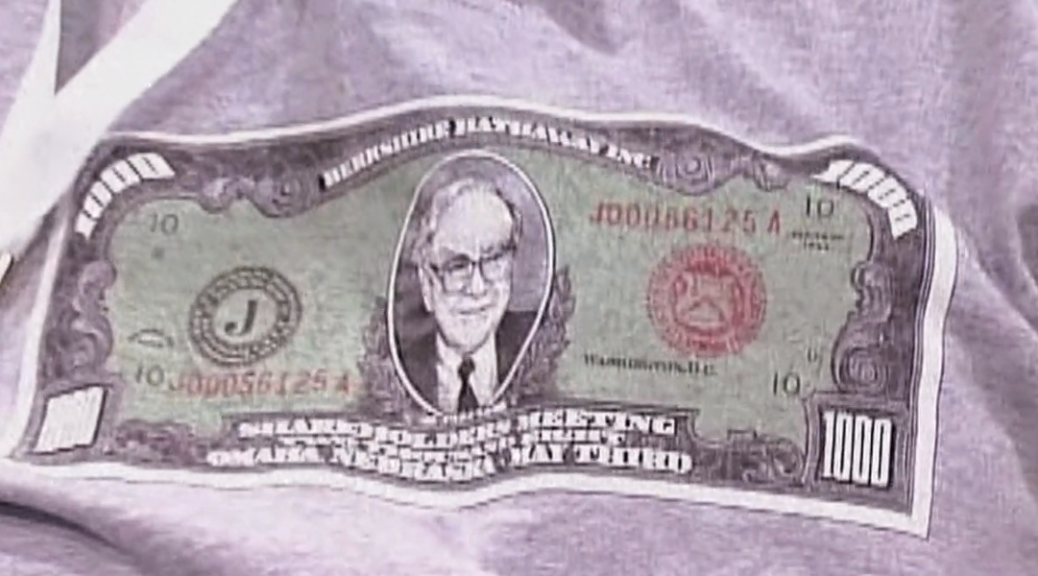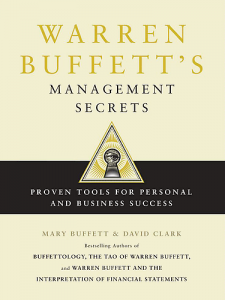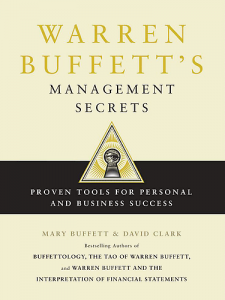Synopsis Of Discussion In 1998
Warren Buffett Points:
Career Advice:
Don’t do a job that you don’t enjoy. Waiting for a good time to have fun at your job is like saving up for sex for your old age. Get right into what you enjoy instead of doing something you don’t enjoy. You are wired to do something best. So find that thing. Enjoy doing your job everyday.
Capitalism is always neutralizing so expect value to be ephemeral.
Good Fortune:
Warren Buffett recognized that he was born in the right place and wired the right way to create immense value. There was a 1/50 chance that he would be born in the US at the time. He doesn’t believe in the dynasty model, he believed in a meritocracy in business. Let the resources flow to those who use them best. Warren is looking for the predictable rather then software product like Gates’. Buffett famously doesn’t invest in technology. Buffett can’t tell the winners and losers in technology stocks so he doesn’t invest in them. (He has now come around in 2012)
Warren Buffet loves playing the game of investing.
When You Find Something Of High Value:
You need to take a swing at that high value opportunity. Don’t read another book on the subject just go do that thing. You should be afraid of decisions of omission just as much as anything else. Never Look Back, don’t worry about the past. Learn from it but that’s a bit it.
What Buffett Does For A Living:
- Allocate capital investments is 50%
- The other 50% is keeping a group of manager enthused about what they do when they have no financial need to do it.
What About Retirement?:
Warren Buffett said in 1998 that he would retire 5 years after he died. That his team of Berkshire Hawthaway would be able to contact him via wigi board. But in seriousness, we have outstanding people. Buffett has written a letter that opens “Yesterday, I died. Here’s what you do with Berkshire Hawthaway.”
Bill Gates Points:
We’ve gotten better at understanding non-US markets at Microsoft in 1998. Microsoft is very good at international business because we have scaled outside of the US. The future is that the United States is a replacement market but the international market is early development so that’s more exciting.
Being Too Young When You Start A Company:
Bill Gates couldn’t rent a car to go to meetings because the rental restriction was 25 in the US, he had to take taxi to client meetings in the early days. The best thing is to learn how other businesses work which is sort of a regret on Gates’ part. Clients would say things like, let’s go to the bar but they couldn’t go to the bar. It is hard to find older people because they don’t want to take the risk.
What Gates Does For A Living:
Gates doesn’t miss game changing changes. IBM was unstoppable until they missed a few turns in the road. Microsoft is concerned about pulling things together to prevent a missed change in the tech market. We don’t want to get surprised but we almost missed the internet. The internet came along as the 5th priority at first but then Gates realized it was a much deeper phenomenon. And then they coalesced around ideas and how to measure success ourselves internally, then deployed an internet strategy.
The Future Of Value:
Bill Gates believes that the US is best at allocating capital at the moment. Korea and China are investing in education and technology so we should expect the next generation to get ahead. But there will be shift of value away from country-based value, now with the internet, services and advice are going to be made more easily available and those people are going to be better off and taken advantage. Gates is adamant that China is at least stealing our software then we figure out how to collect.
Picking People Is Important:
You need to totally trust and totally check you people. You need to have really brilliant people around you that have that kind of brilliance to debate openly. Bill Gates sees that anti-trust is not unfair. The judiciary looks at whether the competition has been beneficial to consumers. Developing countries are going to get great development and people are what matter.
What About Retirement?:
Bill Gates said he would resign as CEO in 10 years. Gates actually resigned 2 years after this presentation….









